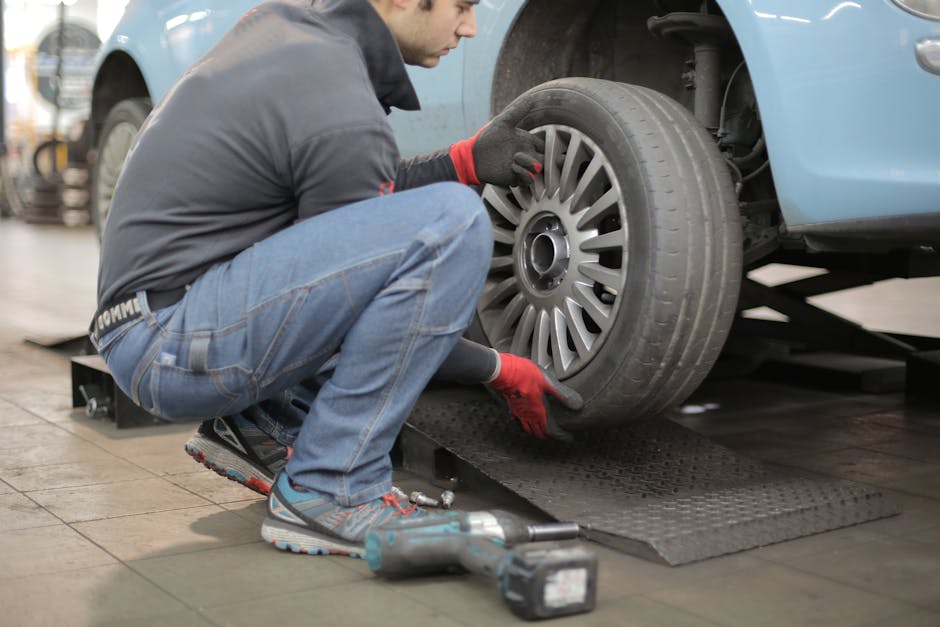Cars are complex machines, and even the most reliable vehicles can experience issues from time to time. Understanding some of the common signs of car trouble can help you address problems early, preventing more serious damage and costly repairs down the line. This guide will walk you through a few key indicators that your car needs attention.
One of the most obvious signs of car trouble is unusual noises. A squealing sound could indicate worn brake pads, while a grinding noise might suggest issues with the transmission or wheel bearings. Knocking sounds from the engine could be a sign of serious internal problems. If you hear any unusual noises, it's crucial to have your car inspected by a qualified mechanic.
Another common indicator is fluid leaks. Check your parking spot regularly for any signs of oil, coolant, or transmission fluid leaks. Different colored fluids indicate different problems. For example, a bright green leak might suggest a coolant leak, while a reddish-brown leak could be a sign of a transmission fluid leak. Ignoring these leaks can lead to overheating and significant damage to your vehicle's vital components.
Changes in your car's performance can also signal underlying issues. If your car is struggling to accelerate, experiencing a decrease in fuel efficiency, or stalling frequently, it's essential to have it checked out. These problems could stem from a variety of issues, from a clogged air filter to more serious engine problems.
Warning lights on your dashboard are designed to alert you to potential problems. While some lights, like the check engine light, can indicate a range of issues, others, like the oil pressure light, signal immediate attention is needed. Never ignore warning lights, as they could indicate a serious problem that requires immediate attention.
Regular maintenance is crucial for preventing car problems and extending the life of your vehicle. Following the manufacturer's recommended maintenance schedule for oil changes, tire rotations, and other routine services will help keep your car running smoothly and prevent costly repairs down the line.
If you're unsure about what's causing a problem with your car, it's always best to consult with a qualified mechanic. They have the expertise and tools to diagnose and fix issues effectively. Attempting to fix complex car problems yourself can sometimes lead to further damage if you're not experienced in auto repair.
By paying attention to these common signs of car trouble and staying on top of regular maintenance, you can keep your car running smoothly for years to come. Remember, addressing small problems early can prevent them from becoming major headaches down the road.

